Faculty Positions
TIFR ADVT. NO. 2025/13
INVITATION FOR APPLICATIONS FOR FACULTY POSITIONS
1 . Faculty Positions at NCBS - All Research Areas
2 . Special Call for Faculty Positions - Understanding the Origins of human brain disorders
TIFR ADVT. NO. 2025/13
INVITATION FOR APPLICATIONS FOR FACULTY POSITIONS
1 . Faculty Positions at NCBS - All Research Areas
2 . Special Call for Faculty Positions - Understanding the Origins of human brain disorders
TIFR ADVT. NO. 2025/13
INVITATION FOR APPLICATIONS FOR YOUNG INVESTIGATOR POSITIONS
for the evaluation period July 1, 2025 to December 31, 2025
Applying for The Young Investigator Programme at NCBS
The Young Investigator Programme (YIP) is for exceptionally talented, young scientists (referred to informally as YIPs) who wish to establish themselves rapidly as independent researchers. Since 2004 when the programme was started, NCBS has hosted several YIPs, many of whom have moved on to independent faculty positions.
1. What positions are available
NCBS would like to have at least 7 YIPs at steady state, and is keen on making at least one new YIP appointment a year. Salary and benefits will be attractive. Accommodation, at nominal rent, will be provided.
The Young Investigator programme is not a tenure-track programme. However, Young Investigators are also mentored by a Research Advisory Committee whose role and operations are very similar to that of the Tenure Advisory Committee of tenure-track faculty.
The normal course of a Young Investigator appointment is for 3+3 years. The initial 3-year appointment is subject to renewal. At the end of the third year, a mid-term evaluation determines whether the YIP is to continue for an additional 3 years. This decision also includes recommending one of the two pathways: (a) whether the candidate should receive a terminal extension until the six year mark or (b) the candidate should be considered for a transition to a tenure track position. Based on the recommendation of the 3-year review committee, if the renewal is granted and the Young Investigator is willing, the appointment is transitioned to a tenure-track faculty. The tenure submission deadline of 5.5 year from date of joining NCBS is then applied.
In summary, the tenure of the young investigator to tenure-track faculty transition is 4+2 (six years) at which time they will be evaluated for tenure (at the 5.5 year mark), while the terminal young investigator tenure is 4+2 (a total of six) years. In effect, the YIP thus allows you to jumpstart your faculty career!
2. Who can apply
A YIP appointment is a career option for a variety of researchers: those who have only just finished their PhD degree, done exceptionally well and would like to work independently; young scientists with some post-doctoral experience who would like to explore a specific question; and those who have embarked on a completely new direction early in their career. We encourage approaches that address new questions or take novel paths. As with our faculty hires, we encourage applications from individuals conducting novel and disruptive fundamental research that significantly advances our understanding of living systems. We are looking for creative, bold, ambitious, innovative, interdisciplinary thinkers interested in big conceptual questions, poised to be future leaders. We encourage applicants in new disciplines, as the boundaries of biological research expand and intersect with the physical sciences, engineering, and medicine. Indian citizenship is not a prerequisite and international applicants are encouraged to apply.
3. Who should not apply
Applicants who have either had considerable postdoctoral experience (>3 years), or who are already senior independent investigators, are encouraged to apply for faculty positions at NCBS. Applicants whose proposal links very closely with an existing research group at NCBS should consider applying to the 'NCBS Fellows programme'. We do not consider proposals that are primarily high-throughput screening projects with no central scientific hypothesis.
4. When to apply
In general, the earlier the better. Apply with a clear-cut plan for future research; your track record must demonstrate that you possess the requisite intellect, technical capabilities, commitment and potential.
5. How to apply ( Now NCBS is accepting online applications )
The online application portal requires your CV with a list of all publications, and a 1-2 page summary of your research accomplishments so far. Upload reprints of your most significant papers (maximum of five) as soft copies for ready reference. Please also send us a 3-5 page research proposal describing your plans for future research that you plan to pursue over a 5-year period. Ensure that you bring out the importance of your general area of research, and of your specific projects in this context. Remember that your application will be perused by biologists trained in very different fields, so write accordingly. Finally, send the names and addresses (including email) of five to eight referees (minimum five) who are willing and can comment on your application and on your abilities.
6. After you apply
Your application will undergo a preliminary screening along with others and if selected, you will be invited to visit NCBS, and we will write to your referees. You may prompt your referees to send in their letters, but please do ask them to wait for us to contact them since we ask them specific questions about you. Typically, your application will be considered further only after you visit. Your file will be kept active until a final decision is taken.
7. When you visit
You will not have to undergo a formal interview. You may instead be invited to give a research seminar, and thereafter talk to all faculty members individually or in groups of 2 to 3 faculty. If invited, you should plan on spending at least two days NCBS.
The seminar: Give this the importance it deserves and provide some knowledge on relevant background in the area. We find that excellent talks are given by those who have practiced beforehand. Target your audience well; remember that it will have widely varied backgrounds and you could plan a slightly longer introduction if you feel your work is very different from what an audience at NCBS might be used to listening. Remember that presenting too much data can be counterproductive if you lose the audience early on. Make it obvious that you have not only the ability to produce data, but also the capability to think wisely about it. You have one hour; make the best use of it.
Meetings with individual faculty members: We will schedule a series of meetings with a section of the faculty. The meetings with individual/small groups of faculty members will be informal and interactive; they will give you a chance to discuss one another’s research interests in more detail. Faculty members will be keen to find out how your experience and research abilities will enrich NCBS.
Meetings with the Dean and/or NCBS Director: Come prepared with a list of all that you would need to get started at NCBS, if you were to be selected. Make sure you have thought about all you need to be productive in as short a time as possible.
8. Funding and start-up at NCBS
NCBS has been rather generous in providing start-up funds for YIPs, and can match funding levels of the best funded laboratories in the world today. With an expanding core infrastructure and the springing up of new institutes with heavy investments in platform technology in our vicinity, we offer an extremely conducive research environment, competitive for you to carry out your research. Selected candidates will be provided all possible support to further their research goals. These include bench space, generous supplies and equipment as required for the project, access to international facilities such as synchrotrons, genomic resources, transgenic resources etc. Salary support for up to two research assistants will be provided during the start-up period. Should post-doctoral fellows or graduate students elect to join the investigator, their salaries will also be supported. (Graduate students or post-doctoral positions are filled by interviews conducted by the faculty. These are fully funded positions, and the candidates may choose to join any investigator’s laboratory.) Investigators will get support to attend one international meeting each year and will be allowed to spend up to three months each year in a laboratory other than NCBS, should their collaborations so require.
9. Then what
Following your visit, and after all your referee reports are in, your application will be looked at closely by an internal search committee. Your case will then be presented to and be discussed by the whole faculty. We feel it necessary that the faculty be generally enthusiastic. Upon a positive response from the faculty, your application will be steered through an internal assessment committee and the NCBS Management Board. All this can take a few months, but we inform you soon of the outcome of the faculty deliberations.
Uma Ramakrishnan
Dean of Faculty, NCBS
dean at ncbs dot res dot in
The tenure system at NCBS is a key and integral part of efforts to constantly improve its overall research performance and is used to decide whether to continue an initial 6-year appointment of a faculty member to a continuing one.
It is the policy of NCBS that each new appointee be supported very strongly in every way so that an independent programme can be started in the shortest possible period. In return, NCBS expects that the appointee perform at a level equivalent or better than peers in the best departments elsewhere in the world. Given the stringent selection procedure for faculty at NCBS, the high quality of those recruited and the level of support provided, we reasonably expect that most of our colleagues can meet the very high standards required.
The Tenure Advisory Committee: The Dean will appoint a tenure advisory committee to advise each new faculty member, in matters related to research progress and scientific output. We stress that the committee has a purely advisory capacity, and its views are not binding. The purpose of this committee is to serve as an official sounding-board to the faculty member, in addition to the several informal interactions that take place. The faculty member will arrange to meet with this committee about once a year, or more frequently if so desired. The faculty member is encouraged to bring to the attention of the committee, any special problems or requirements. The tenure advisory committee may choose to express its views in writing to ensure that its views and concerns, if any, are clearly conveyed. The tenure advisory committee will continue to function until the tenure decision.
Grant of Tenure: To be granted tenure, the faculty member must demonstrate the establishment of a successful research programme which address well thought out, important research questions.The single most important measure of this is research publications of quality. New appointees, at the level of Fellow or Reader, will be assessed for tenure according to the schedule detailed in the sections below. The level of performance expected from a new appointee to be granted tenureis being continuously ratcheted upwards. Hence it is not advisable for a new appointee to go by what has happened in the past for others. Others currently at similar levels, in best institutions anywhere, would be a wiser measure of comparison.
The faculty members will receive an initial contract of 6 years. At the 5-year point, the Dean will write to the candidate advising submission of formal application for tenure. This application should include a report of work done in the last 5 years, reprints of publications and a curriculum vita. This report must be submitted no later than 5.5 years from joining. The application should also be accompanied by a list of atleast 10 reviewers who are familiar with the area of their work. The Dean may also request the faculty member to present an open research talk summarizing accomplishments at NCBS.
On the approval of the Centre Director, NCBS, the Dean will forward the tenure application to the reviewers (from the submitted list as well as others) in order to assess the work of the faculty member. On receipt of the reviewers reports (at least 8 are needed), the Dean in consultation with the Centre Director, NCBS will appoint a committee to assess the proposal and the recommendations of the candidate. This committee will typically include the Dean, the NCBS Centre Director, chosen scientific members of the Board and experts who can analyze the candidate's work as needed. The views of this panel will be presented to the NCBS Management Board, which will take a final decision.
The review is typically done at the end of 5.5 years. The maximum period within which a tenure application is to be submitted can be extended only in exceptional circumstances (e.g.health problems, maternity/paternity leave, family crisis). This request, unless extenuated by an emergency, must be made well in advance, typically before the end of the first five-year contract. Promotion decisions may be considered simultaneously with the tenure decisions.
If however, tenure is not granted, the faculty member will be given a new contract to plan a transition for an additional year, and extendable by at most another year, on reasonable grounds,to allow transition to a position elsewhere.
Those who have qualified in the CSIR/ICMR examination and would like to join NCBS as junior research fellows must have a clear idea of their research interests. If their research interests match with those of our research faculty, please do contact them directly. M.Sc/B.E./B.Tech candidates also can contact the research faculty directly. They will be supported by the Project Incharge's research grants, if selected.
JRFs are not ordinarily allowed to register for a degree. If a Junior Research Fellows wants to register for a degree, they should apply in response to advertisements appearing nationally in Augsut/September every year. If the selected candidate features on the waiting list for admission, (s)he can register for a degree while working on the grant. (S)he will be treated on par with students paid from NCBS funds. Once registered for a degree, the JRF will be subject to all the academic requirements that NCBS-paid students are.
Candidates on the Integrated PhD wait list can register for the MSc by research degree at TIFR Deemed University if a faculty member supports from his/her research grants.
Junior Research Fellows will be provided accommodation depending on the availability; otherwise they have to make their own arrangement for accommodation.
Programmes offered at TIFR Centres:
Eligibility:
For Ph.D.: Masters in Basic Science (M.Sc. Physics/Chemistry/Any branch of Biology) or any professional Master's Degree (M.Pharma./M.Tech.), or a > 4 year degree program (e.g. MBBS, BDS).
For I-Ph.D./M.Sc.: Bachelors in any Basic Science (Physics/Chemistry/Any branch of Biology) OR any 4-year degree program that awards a "Bachelor's degree" including B.Tech., B.E., B.V.Sc., B.Pharma. (4 year course).
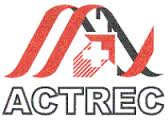 |
Advanced Centre for Treatment, Research and Education in Cancer (ACTREC), Mumbai (http://www.actrec.gov.in/) |
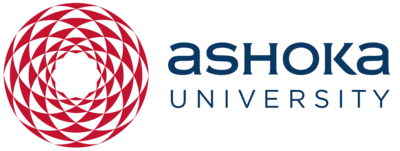 |
Ashoka University (www.ashoka.edu.in) |
 |
BITS,Pilani Birla Institute Of Technology And Science-Pilani & Hyderabad Campus (www.bits-pilani.ac.in) |
 |
Bose Institute, Kolkata (www.jcbose.ac.in) |
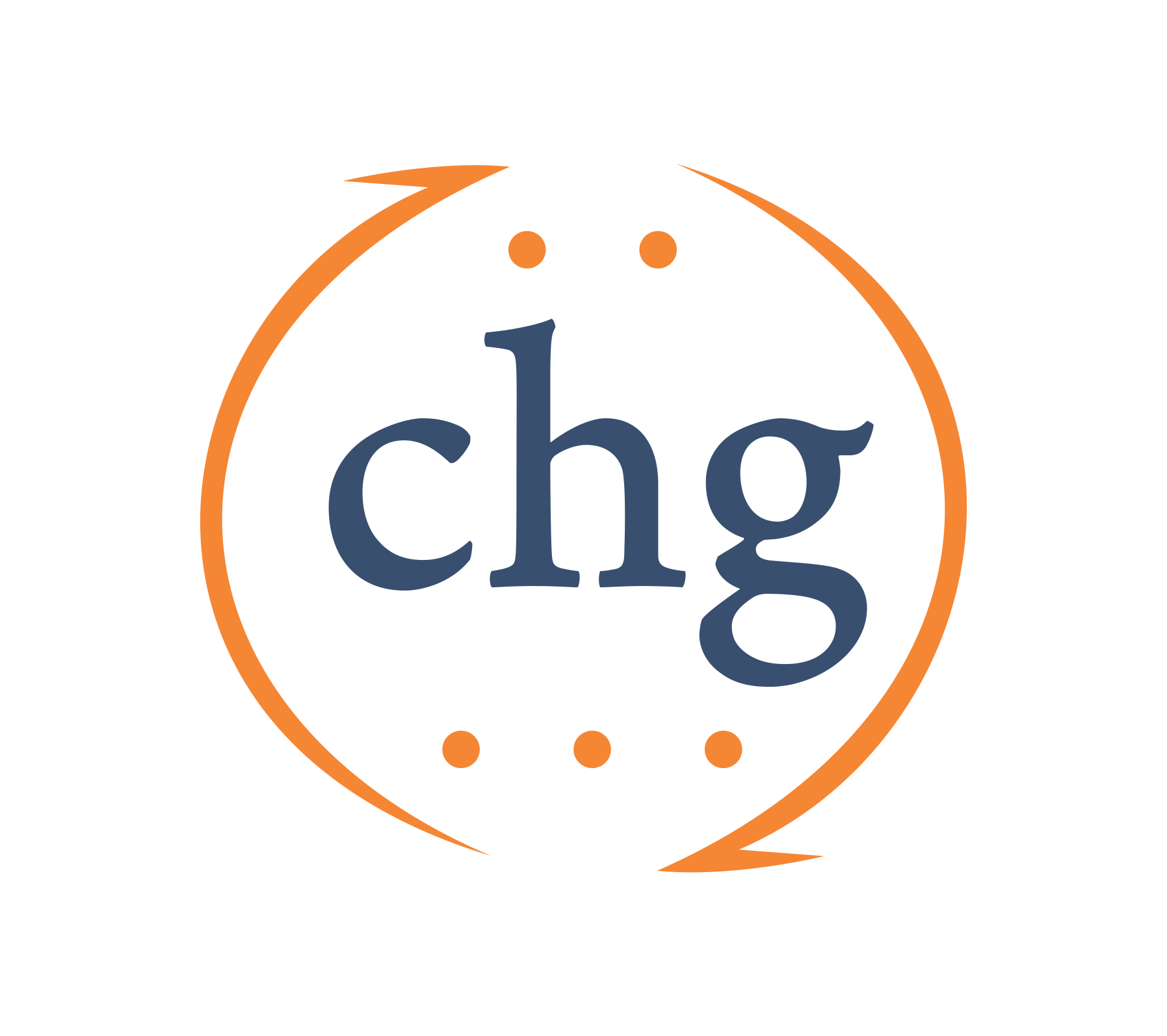 |
Centre for Human Genetics, Bangalore (http://www.chg.res.in) |
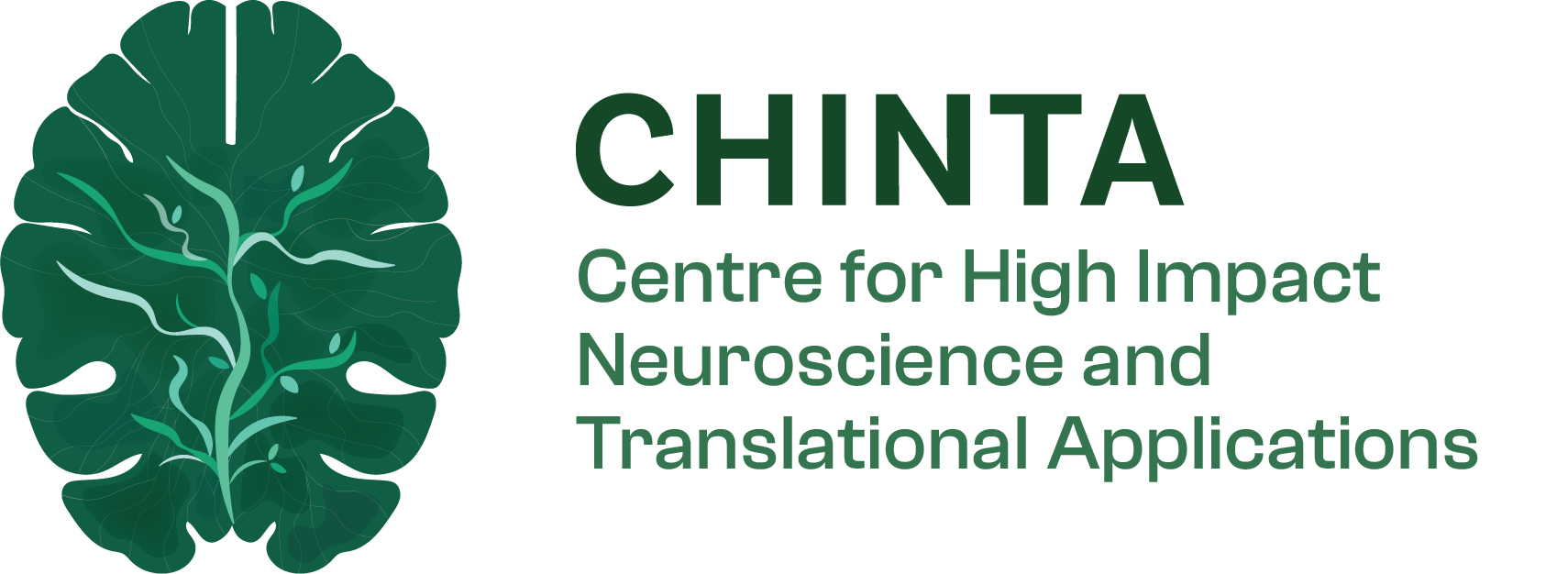 |
CHINTA – Centre for High Impact Neuroscience and Translational Applications, TCG CREST, Kolkata(https://www.tcgcrest.org/institutes/chinta/)
|
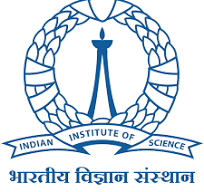 |
IISc, Bangalore Indian Institute of Science, Bangalore (https://iisc.ac.in) |
 |
Indian Institute of Science Education and Research (IISER), Berhampur (http://www.iiserbpr.ac.in/) |
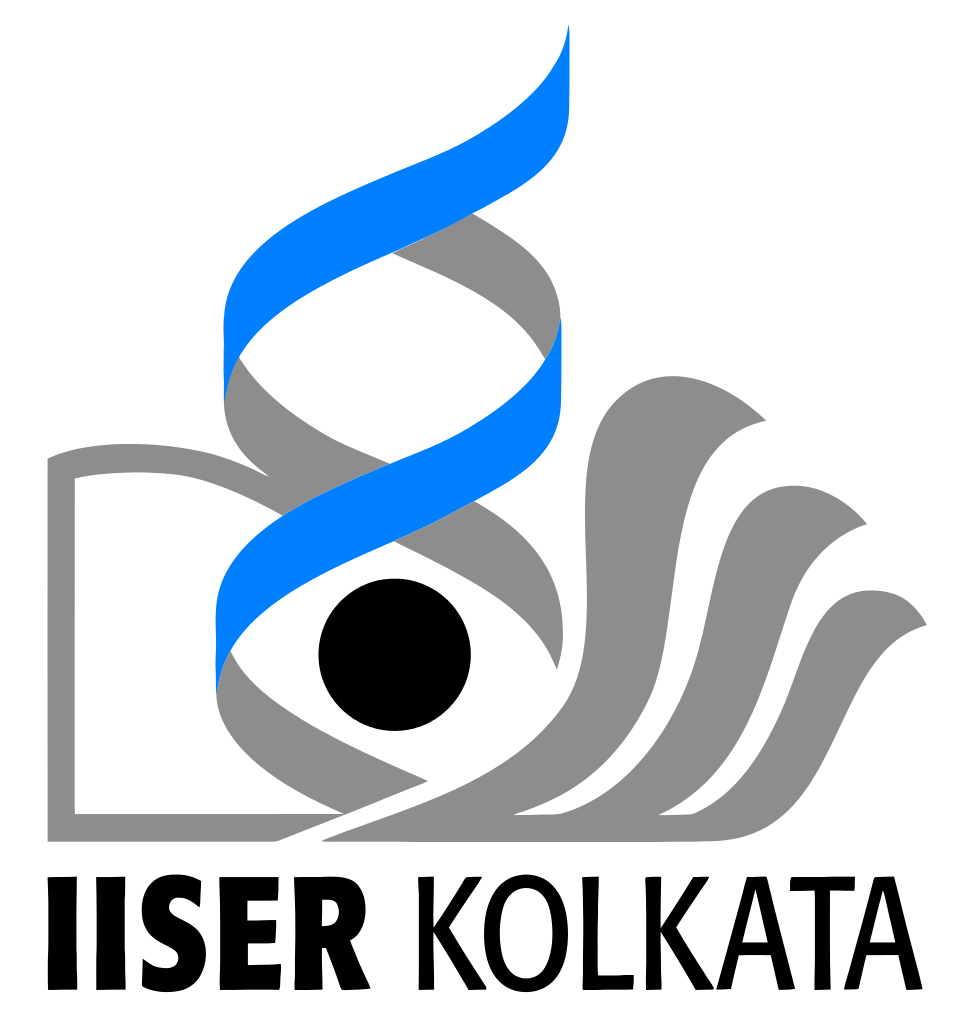 |
Indian Institute of Science Education and Research (IISER) ,Kolkata (www.iiserkol.ac.in) |
 |
Indian Institute of Science Education and Research (IISER), Pune (http://www.iiserpune.ac.in) |
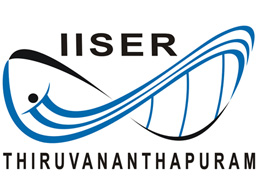 |
Indian Institute of Science Education and Research (IISER), Thiruvananthapuram (http://www.iisertvm.ac.in) |
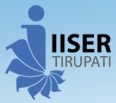 |
Indian Institute of Science Education and Research (IISER), Tirupati (http://www.iisertirupati.ac.in/) |
 |
Institute of Mathematical Sciences, Chennai (http://www.imsc.res.in/) |
 |
Institute for Stem Cell Science and Regenerative Medicine, Bengaluru (http://www.instem.res.in) |
 |
LV Prasad Eye Institute (https://www.lvpei.org/) |
 |
Manipal Institute of Regenerative Medicine : http://www.manipal.edu/
|
 |
MAHE-KMC : https://manipal.edu/mu/academics/phd.html
|
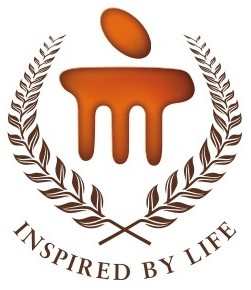 |
MSLS:Manipal School of Life Sciences, Manipal Academy of Higher Education, Manipal (https://www.manipal.edu/mu.html) |
|
|
National Brain Research Centre, Manesar (http://www.nbrc.ac.in) |
|
|
National Centre for Cell Science, Pune (http://www.nccs.res.in) |
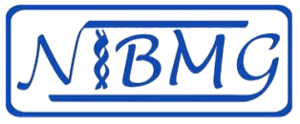 |
National Institute of Biomedical Genomics, Kalyani (www.nibmg.ac.in) |
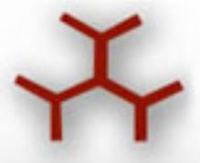 |
National Institute of Immunology, New Delhi (http://www.nii.res.in) |
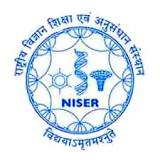 |
National Institute of Science Education and Research, Bhubaneswar (http://www.niser.ac.in/) |
 |
Saha Institute of Nuclear Physics, Kolkata (http://www.saha.ac.in) |
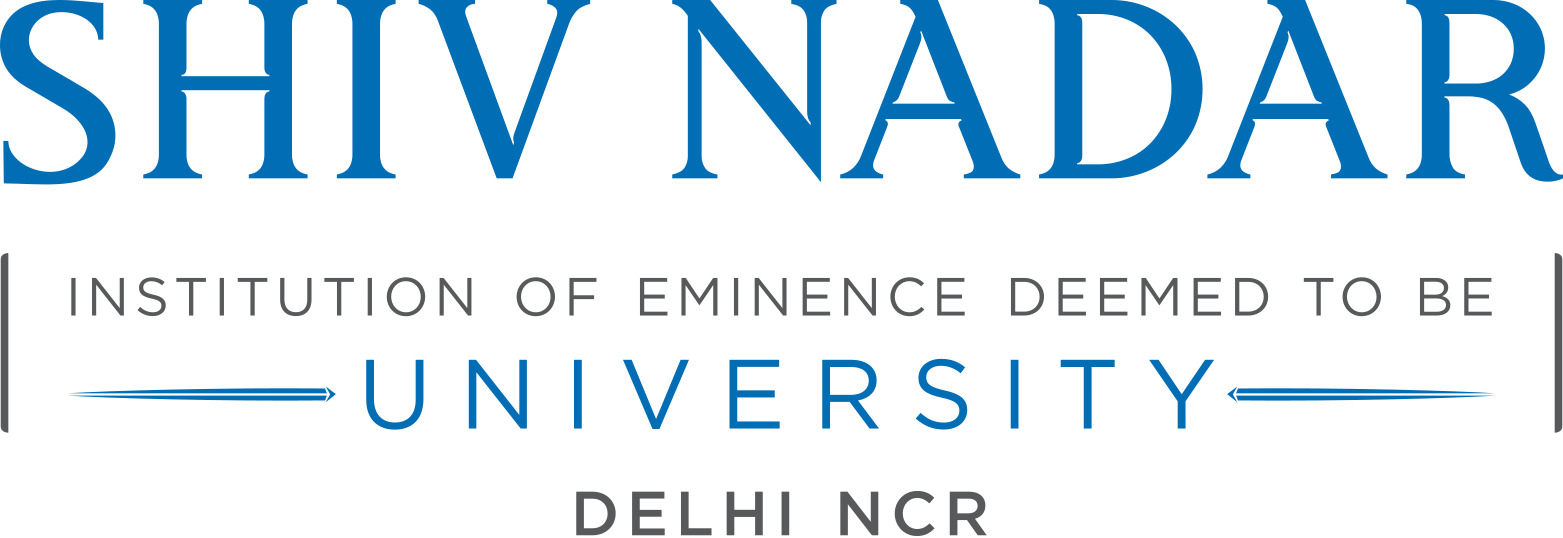 |
Shiv Nadar (Institution of Eminence Deemed to be University) (http://www.snu.edu.in/) |
|
|
Department of Biological Sciences, TIFR, Mumbai (http://www.tifr.res.in/~dbs). |
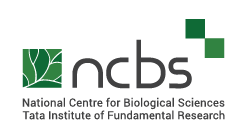 |
National Centre for Biological Sciences, Bengaluru (http://www.ncbs.res.in) |
|
|
TIFR, Hyderabad (http://www.tifrh.res.in)
|
The NCBS Experience
Working at NCBS: what we have and where we aim to be
The NCBS campus is lucky to have open green spaces, many trees, bushes (w-free), flowering plants, migrating butterflies, geckos, bees and bats. We are located in the postgraduate campus of the University of Agricultural Sciences, which has generously leased us 20 acres. Our visitors and us have a pleasant, quiet and green environment to work and relax. We have terrace cafeterias where coffee, snacks and light meals are served and birthdays celebrated. Several handy chalkboards have made these cafeterias centers for discussion. Some of these discussions have recently crystallized into a student-run symposium exploring different areas in biology. A large canteen serves full meals from breakfast to dinner. The canteen is located near a pond fed by harvested rainwater and clean water from treated sewage. The pond-side is where we gather for dinner after on-campus symposia and public lectures. We have an amphitheater that serves as an interactive place for tea after scientifically exciting seminars. Facilities for tennis, basketball, volleyball, badminton, table tennis and a gym are all available. We provide transport to all members of the community into the ever-expanding Bangalore city. We also help our staff and faculty with their commute to work. We have excellent accommodation for students and post-doctoral fellows. We accommodate some faculty on campus and the rest in comfortable apartments and houses close to campus. We do need to expand our campus housing for faculty as well as our excellent administrative and technical staff. In the near future we hope to expand our hostel, sports facilities and housing to keep pace with our scientific growth.
One major factor that enhances the quality of life on campus is our on-campus child-care and after-school program. This facility aims to be a complete one-stop solution for child-care for children from the ages of 1 to 10 years. The campus environment provides space, lush greenery, a park and a sand pit for children to play and learn. Over the years, our teachers, staff, several visiting consultants, parents and exceptional institutional support have helped develop the childcare center into an excellent facility. The day-to-day affairs of the facility are coordinated by several experienced teachers. The NCBS community at large provides a rich learning environment. We have several artists, wildlife lovers, storytellers and musicians on campus who informally participate in various activities at the child care center. We have age appropriate fun and educational activities for infants, toddlers, pre-school and school going children. Current efforts are geared towards developing a stimulating after-school program supplemented with off-campus activities such as swimming, volunteer work and music in addition to homework and examination-related studies. We also undertake field trips to various locations such as parks, science museums, circuses and dance concerts. Good childcare is a major factor that achieves a supportive workplace for working parents. We aim to provide a facility that recognizes the needs of working parents while providing children with a nurturing environment.